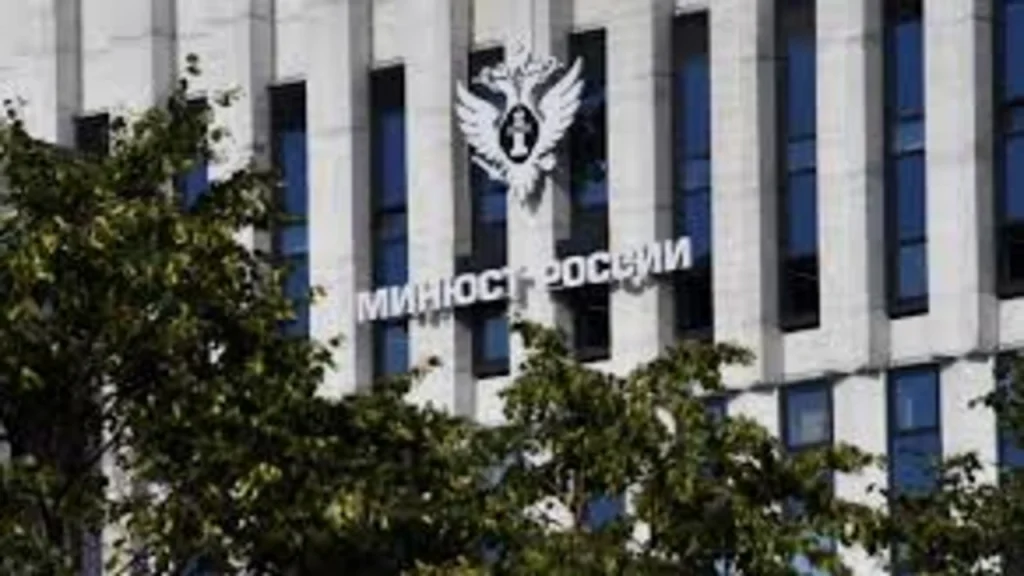- Russia designates Reporters Without Borders as an undesirable organisation, making any support by citizens punishable by up to five years in prison.
- The move extends a wider campaign of media suppression, echoing prior bans on Amnesty International and other NGOs.
What happened: Russia outlaws reporters without borders
On 14 August 2025, Russia’s Justice Ministry officially added Reporters Without Borders (RSF) to its list of “undesirable organizations”. This designation, created under a 2015 law, bans the group from operating in Russia and criminalizes any interaction or support by Russian citizens, with penalties of up to five years in prison.
The decision was internally approved on 23 July but made public in mid-August. RSF, headquartered in Paris with no formal office in Russia, condemned the move as an attempt to suppress the right to information. The organization’s leadership said the Kremlin was targeting independent news, framing it as a threat to state security.
Also read: Germany accuses Russia of using Red for disinformation
Also read: Putin threatens to throttle Western firms still operating in Russia
Why it’s important
The designation is part of a broader campaign against independent media and civil society groups in Russia. Since the “undesirable organizations” law came into effect in 2015, authorities have banned hundreds of NGOs and outlets, including Amnesty International earlier this year. Critics argue that the law’s broad scope allows for the suppression of legitimate rights advocacy under the guise of security protection.
By adding RSF to the list, Russia restricts public access to impartial reporting and heightens the risks for those who attempt independent journalism. It sends a warning to other international media watchdogs that engagement with Russian audiences carries severe legal consequences. This move also reflects a growing trend of treating free press as a security threat rather than a democratic safeguard, further entrenching a climate of fear.

